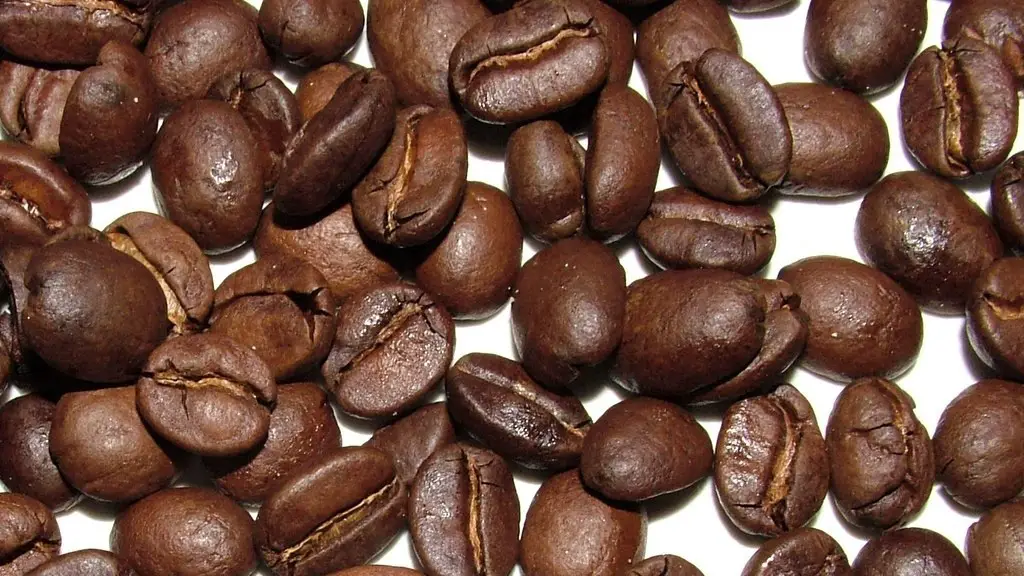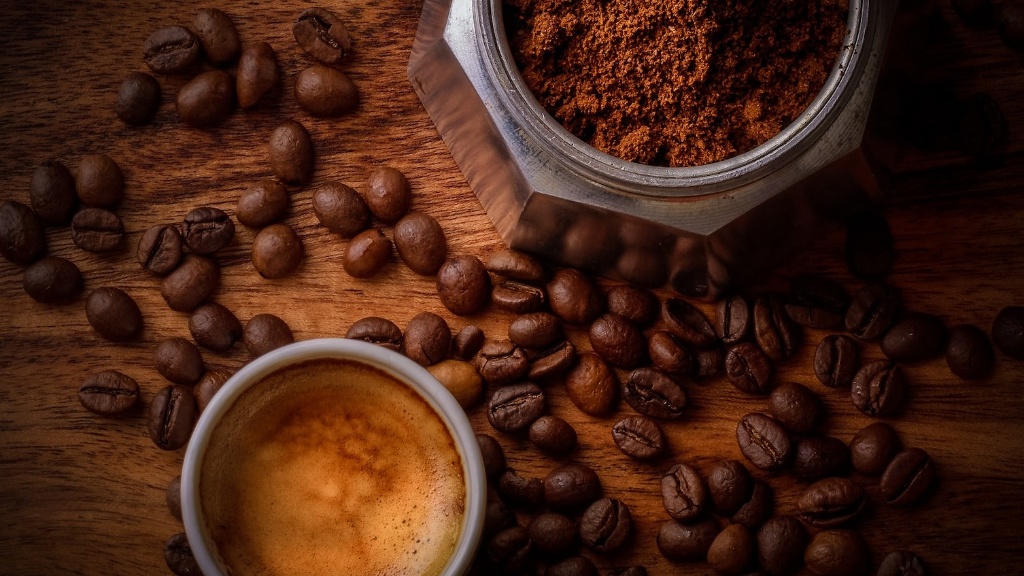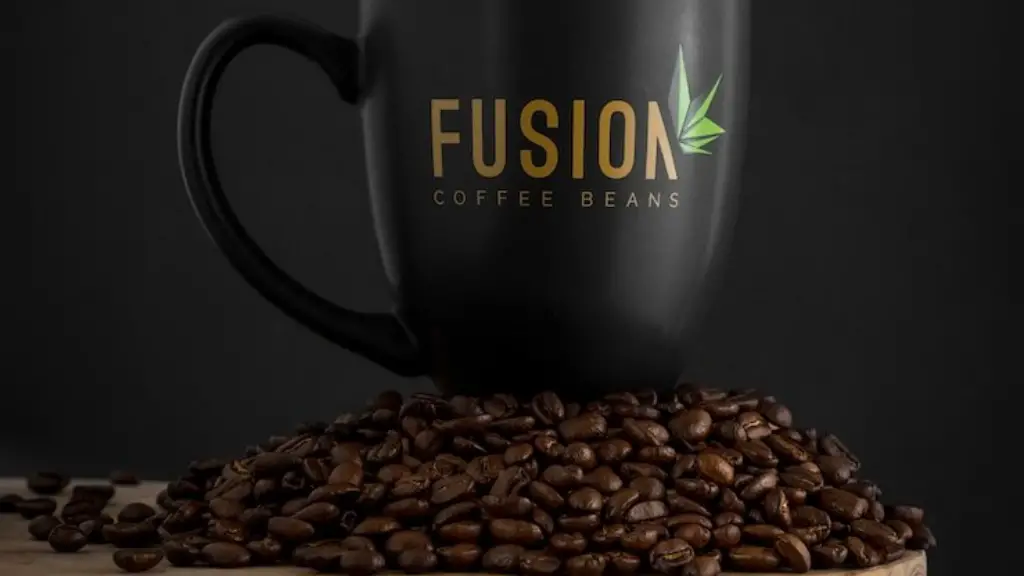Wisdom tooth extraction is a common procedure for many people. It is important to have a general understanding of the recovery period as well as when it is best to resume drinking coffee after wisdom tooth extraction. There are several things to consider before drinking coffee, such as pain level, healing progress, and the type of surgical procedure used.
The first issue to consider is the amount of pain associated with wisdom tooth extractions. Generally, the recovery period is quite painful and it is not recommended to drink coffee until the pain has subsided considerably. In addition, the type of anesthetic used may cause some level of discomfort and intake of coffee can possibly worsen these symptoms. Therefore, it is advisable to wait until the majority of the pain has dissipated before drinking coffee.
The second factor to consider is the type of surgical procedure performed. An open extraction requires more time for healing than a closed extraction. When an open extraction is performed, the dentist will cut away the gum tissue surrounding the tooth and the resulting wound needs more time to heal since healing is a time-sensitive process. On the other hand, when a closed extraction is performed, the tooth is simply pulled from the socket. Thus, a closed extraction does not require as much time for the wound to heal, making it suitable for drinking coffee earlier.
Moreover, the rate of healing must be considered before drinking coffee. If healing is progressing smoothly, drinking coffee may be acceptable. Conversely, if the healing process is prolonged, then it may be wise to abstain from consuming coffee, as it may interfere with the healing process and cause further discomfort. Therefore, it is important to ensure that sufficient healing has occurred before reintroducing coffee into the diet.
In conclusion, when optimal healing progress has been achieved, it is generally recommended to wait between 5 and 7 days to drink coffee after wisdom tooth extraction. As with all medical procedures, it is important to consult a physician before drinking coffee to determine the best course of action. Furthermore, it is crucial to be mindful of the healing process and recovery period after wisdom tooth extraction.
Risks of Drinking Coffee Too Soon After Wisdom Tooth Extraction
Drinking coffee too soon after wisdom tooth extraction can lead to a number of serious complications. One of the main risks associated with the intake of coffee soon after the procedure is the potential for developing an infection. Coffee contains numerous compounds that can interfere with the healing process and disrupt the body’s natural defense mechanisms. In addition, coffee can cause visual complications such as bleeding and swelling, which can significantly slow down the healing process.
Furthermore, drinking coffee too soon after wisdom teeth extraction can promote dry socket. This is a painful condition in which the blood clot at the site of the extraction fails to form. This can increase your risk of infection and can slow the healing process significantly. Finally, the caffeine in coffee may also cause increased sensitivity to the area, making it difficult to eat and talk. Therefore, it is important to wait until healing is complete before drinking coffee.
Tips to Reduce Pain and Improve Healing Process After Wisdom Tooth Extraction
It is important to take measures to reduce the pain and improve the healing process after wisdom tooth extraction. One of the most essential considerations is to practice good oral hygiene. This includes brushing and flossing your teeth regularly, and using a saltwater rinse to flush out any bacteria that may be lingering in the area. Additionally, consider taking an anti-inflammatory medication such as ibuprofen to reduce the pain and inflammation.
In addition, it is important to rest and relax in order to give your body the opportunity to heal. Do not engage in rigorous physical activity in the early stages of recovering from the surgery. Also, follow your dentist’s instructions regarding eating and drinking. It is essential to avoid hard and crunchy foods that might damage the extraction site.
It is also a good idea to keep your head elevated as much as possible in order to reduce the swelling and to make sure that the area stays clean. Avoid rinsing your mouth too vigorously as this could damage the area and introduce bacteria into the wound. Finally, make sure to attend all follow-up appointments with your dentist so that they can monitor your healing progress.
Foods to Eat After Wisdom Tooth Extraction
When recovering from wisdom tooth extraction, it is critical to eat the right kinds of foods to promote healing and to reduce pain. It is best to focus on eating soft and nutritious foods that are easy to digest. Consider incorporating foods such as yogurt, mashed potatoes, smoothies, scrambled eggs, oatmeal, and soup. Protein-rich foods such as lean meats and fish are also recommended, as they contain essential nutrients to help in the remainder of the healing process. Additionally, foods that are high in calcium and iron, such as leafy greens and dairy products, can help to strengthen the teeth and bones.
Make sure to avoid any hard, crunchy, and sticky foods that could easily damage the extraction site, such as popcorn, granola, nuts, and hard candy. Additionally, it is important to limit your intake of acidic foods, particularly lemon juice and carbonated beverages, as these can cause additional discomfort. Consume small and frequent meals throughout the day, as opposed to three large meals, in order to keep your stomach satisfied without overloading it.
Drinking Water After Wisdom Tooth Extraction
It is important to stay hydrated after wisdom tooth extraction. Drink at least 8-10 glasses of water daily to ensure proper fluid intake and to prevent dehydration. Additionally, drinking water can help to wash away food debris, blood, and bacteria from the extraction site and can help to promote healing. It is important to avoid consuming any beverages besides water, as these may contain bacteria, carbonation, and/or acidity which can slow the healing process and contribute to lingering pain.
Remedies to Reduce Swelling After Wisdom Tooth Extraction
Swelling is a normal part of the healing process after wisdom tooth extraction and can cause a great deal of discomfort. To reduce the swelling and pain, consider taking over-the-counter medications such as ibuprofen and using a cold compress. Applying an ice pack to the area for 10-15 minutes at a time, several times throughout the day, can help to reduce inflammation and pain. Furthermore, considering using a topical numbing agent such as lidocaine or benzocaine, which can provide relief to the area for several hours.
It is also recommended to keep your head elevated when sleeping. Use a stack of pillows to support your head and neck, or consider sleeping in a reclining chair. Ensuring proper elevation can dramatically reduce the amount of swelling and improve the overall healing process. Finally, avoid strenuous activities and smoking, as these can exacerbate the swelling and delay the healing process.



